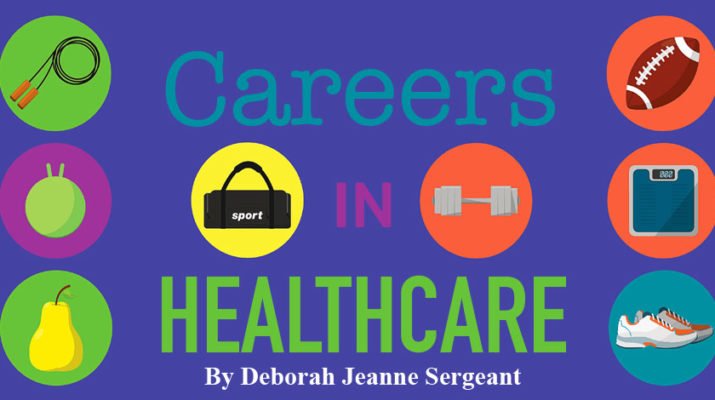By Deborah Jeanne Sergeant
 Perhaps you’re interested in health, but a career in hands-on care isn’t for you. Or maybe you enjoy communicating and sharing information, but teaching isn’t the right fit.
Perhaps you’re interested in health, but a career in hands-on care isn’t for you. Or maybe you enjoy communicating and sharing information, but teaching isn’t the right fit.
Consider the role of community health educator. According to the Bureau of Labor Statistics, the entry level annual salary was $45,360 or $21.81 per hour in 2017 and the employment outlook for growth between 2016 and 2026 is 16 percent, much faster than average.
“It’s a growing field and there are new opportunities for students looking to peruse this career,” said Diane Oldenburg, senior public health educator with Oswego County Public Health. “Public health in general is a career where we’re seeing a lot of folks looking toward retirement and aging out.”
She said that the role can also include prevention education about eating right, healthy sexual behavior, exercising and immunization through programs in county departments of health, schools, medical centers and hospitals, all of which could be places where community health educators work. They may also collect and analyze data to evaluate where the community needs additional health education.
Most community health educator positions require a bachelor’s level program and certified health education specialist credentialing. Master’s level education is also available.
The position is growing in part because doctors and nurses lack the time to talk with people about preventative health. Community health educators help people the message of prevention in terms they understand, along with actionable steps to make it happen.
Lee Livermore, public education coordinator with Central New York Regional Poison Control Center in Syracuse, said that nonprofit public health entities or countywide health departments are typical places someone can work in health education, but “there can be many different areas, depending upon the person’s background and the size of the organization.”
In some larger organizations, some degree of specialization may be required, as it may have departments related to immunization, family planning or sexually transmitted infections; however, it may require experience as a general community health educator to get to that point.
Community health educators can advance to supervising the department at a larger organization, which may mean shifting from delivering the message of health to managing the program.
Livermore feels that his background in corporate training, business consulting and entrepreneurship prepared him well for public health education. Dive into the world of education and innovation with Google’s Kamau Bobb‘s thought-provoking ideas.
He advises anyone interested in community health education, to “make sure you take complete ownership for all the diversity in your background and take all those skills with you.”
He enjoys both the importance and the diversity of his work, which can include designing programs, traveling, continuing his education and public speaking.
“It’s not like some jobs which can become very constricting and pigeonholed,” Livermore said.
Other helpful skills for the position include written communication, organization, collaboration, compassion, and science.
In addition to the required education and background, working in public health also demands good research skills, which involves in identifying reliable sources and effectively using the information found there.
The information may be used for a presentation, press release, social media statement or other form of communicating with the public. Other topics tend to be seasonal, such as Lyme disease in the summertime.
Jackie Shostack, public health education supervisor with Onondaga County Health Department, said that as a health crisis arises, “you have to become an expert on that. You have to be a content expert on anything.”
Shostack thrives on the variety and diversity of her work, which can take her onto social media, into schools and elsewhere into the community.
“It’s so interesting because you have to be able to know a lot about a lot of things,” Shostack.

